When Charles de Gaulle flew to London in 1940, his country was on its knees and days later Nazi jackboots were tromping down the Champs Élysées in Paris.
Named Undersecretary of State for National Defense and War in Prime Minister Paul Reynaud’s teetering administration only two weeks earlier, June 5, de Gaulle was tasked with cooperating with the British while the Nazis engulfed France. He had no real authority to act independently, to conduct affairs of state—and yet he did just that.
While the collaborationists had made a deal with the Nazis and his former mentor, Marshal Philippe Pétain, became Hitler’s Vichy puppet, it was de Gaulle who rallied the French people abroad, issuing his famous Appeal of June 18 on the BBC. “The destiny of the world is here,” he intoned. “I, General de Gaulle, currently in London, invite the officers and the French soldiers who are located in British territory or who would come there, with their weapons or without their weapons, I invite the engineers and the special workers of armament industries who are located in British territory or who would come there, to put themselves in contact with me. Whatever happens, the flame of the French resistance must not be extinguished and will not be extinguished.”
Four years later, the French had indeed rallied to de Gaulle, the once obscure brigadier general who had filled a power vacuum, courted, cajoled, demanded, and asserted his own will and maintained the place of the French nation at the table with other Allied leaders despite the fact that his country had fallen to the Nazis. He earned the trust and the mistrust of Prime Minister Winston Churchill, the disdain and disapproval of President Franklin D. Roosevelt, and ultimately outmaneuvered his political opponent, General Henri Giraud, to become the leader of France, not just militarily but diplomatically and politically as well. Personally and through his deputies, de Gaulle managed to deal with the varied factions that vied for control of liberated France in 1944 as the Nazis retreated before the onslaught of the Western Allied armies.
When the spearheads of the U.S. and British forces broke out of the Normandy beachhead in the summer, de Gaulle was adamant that the French capital, Paris, the City of Light, symbol of the nation, should be liberated. Although Paris itself held no real military value, de Gaulle knew that the moment of the city’s liberation would renew the spirit of his people and offer an opportunity to solidify his own hold on the government of the post-war nation. De Gaulle demanded the commitment of troops to Paris and threatened to order those French soldiers under Allied command to divert to the capital if General Dwight Eisenhower, Supreme Commander of Allied Forces in Europe, did not authorize the movement rather than bypass the capital.
On August 25, 1944, General Philippe Leclerc’s French 2nd Armored Division entered Paris, and the German garrison surrendered. De Gaulle arrived in the city that afternoon and declared at l’Hotel de Ville, “Paris outraged! Paris broken! Paris martyred! But Paris liberated!”
A day later, a million people gathered in the streets, and de Gaulle strode down the Champs Élysées in a tumultuous victory parade. Later, he emerged from the car at Notre Dame and strode erect in the midst of sniper fire, undeterred, unflinching, and triumphant as he made his way inside. It was an unforgettable moment, 80 years ago, which ushered in the era of Charles de Gaulle, the towering figure of the defiant and often intransigent French nation that emerged from the degradation of surrender.
Michael E. Haskew
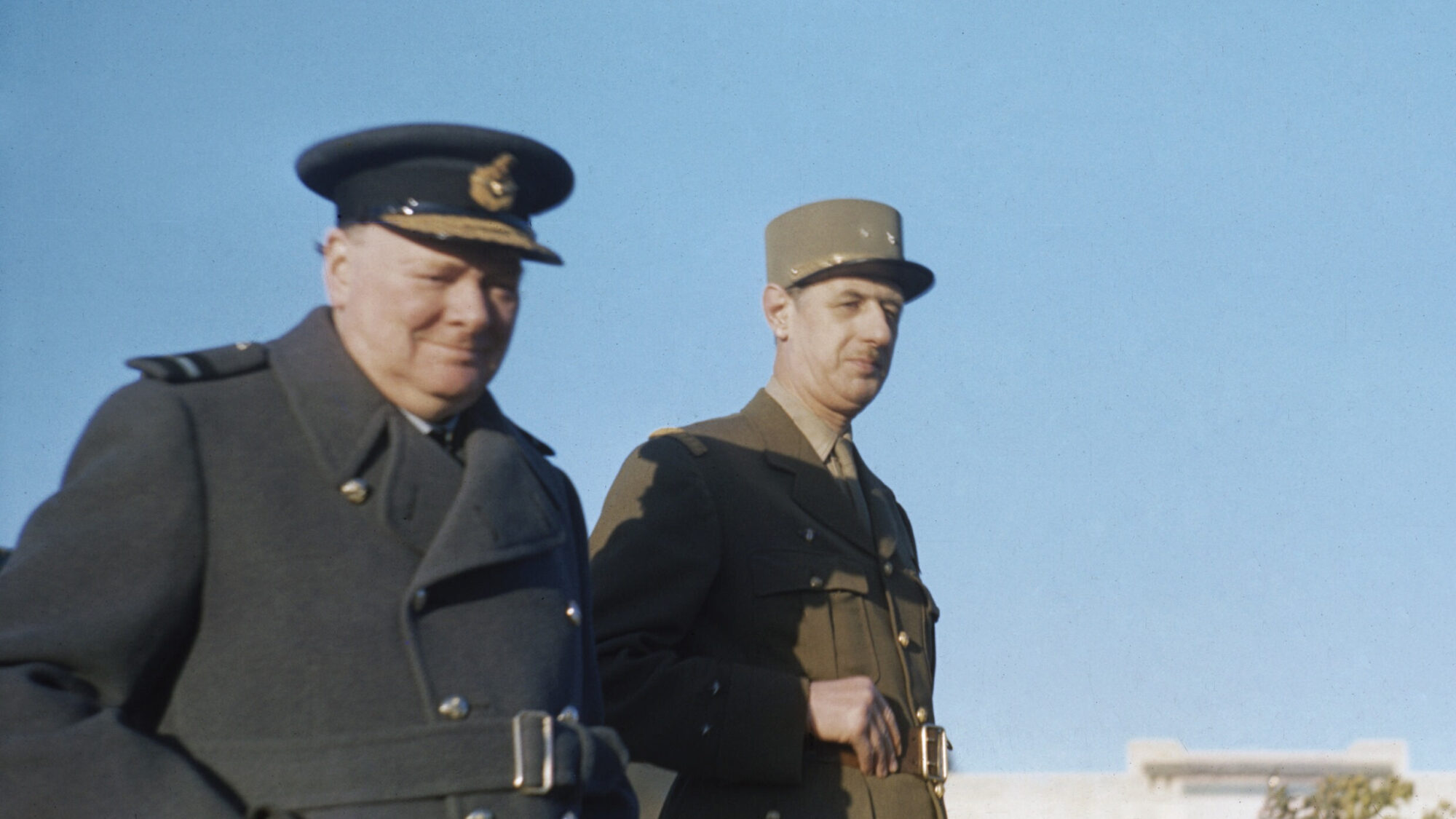
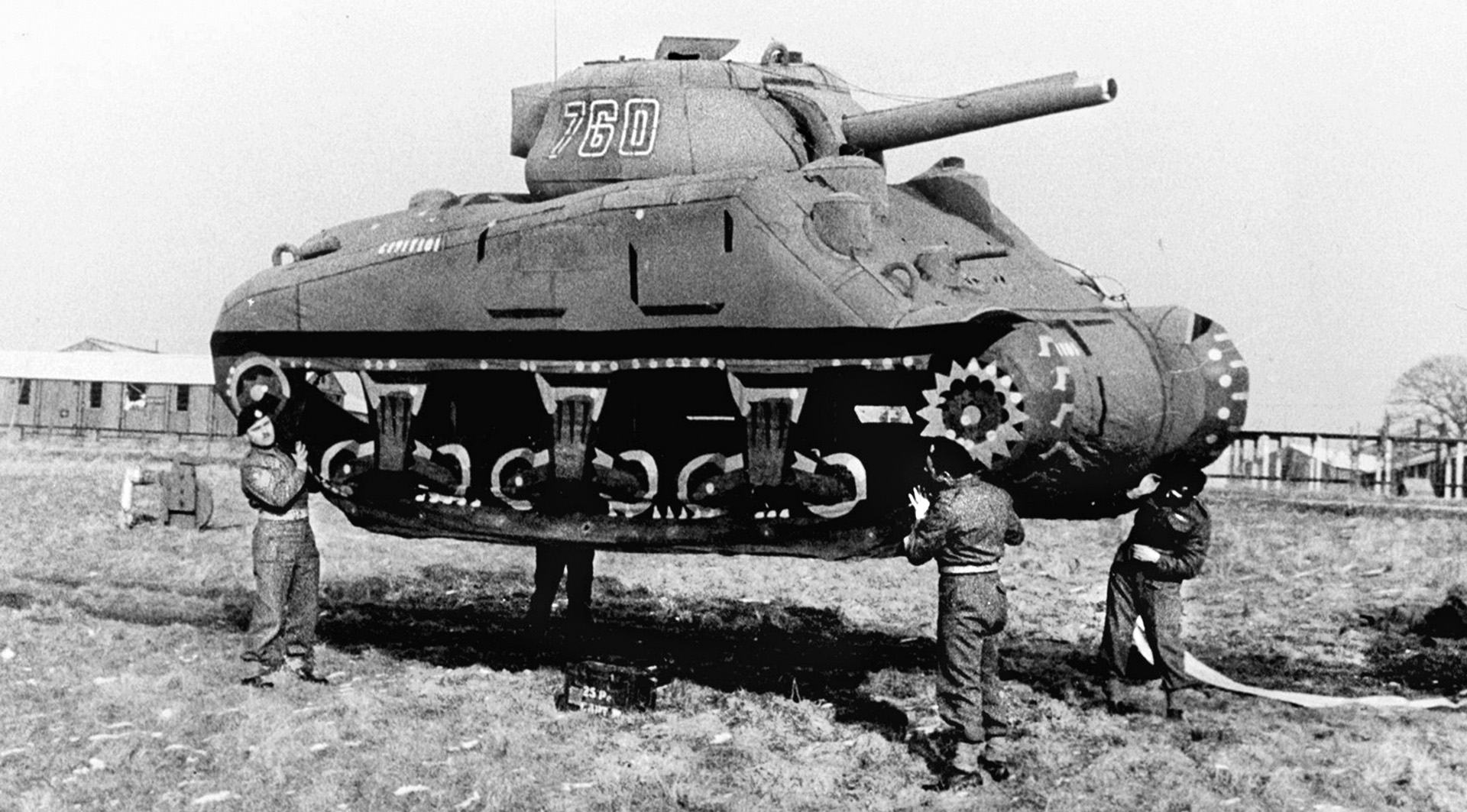
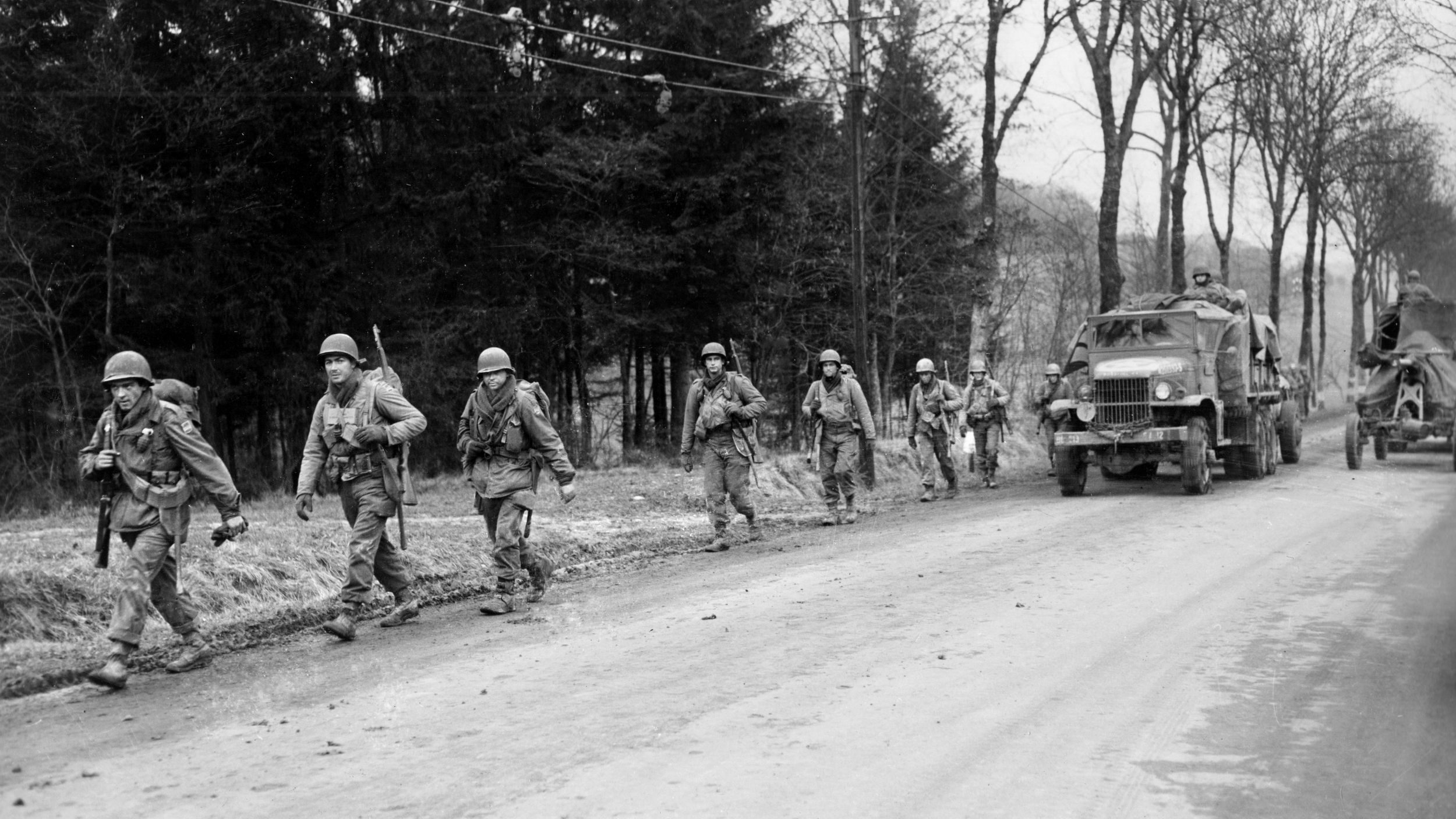
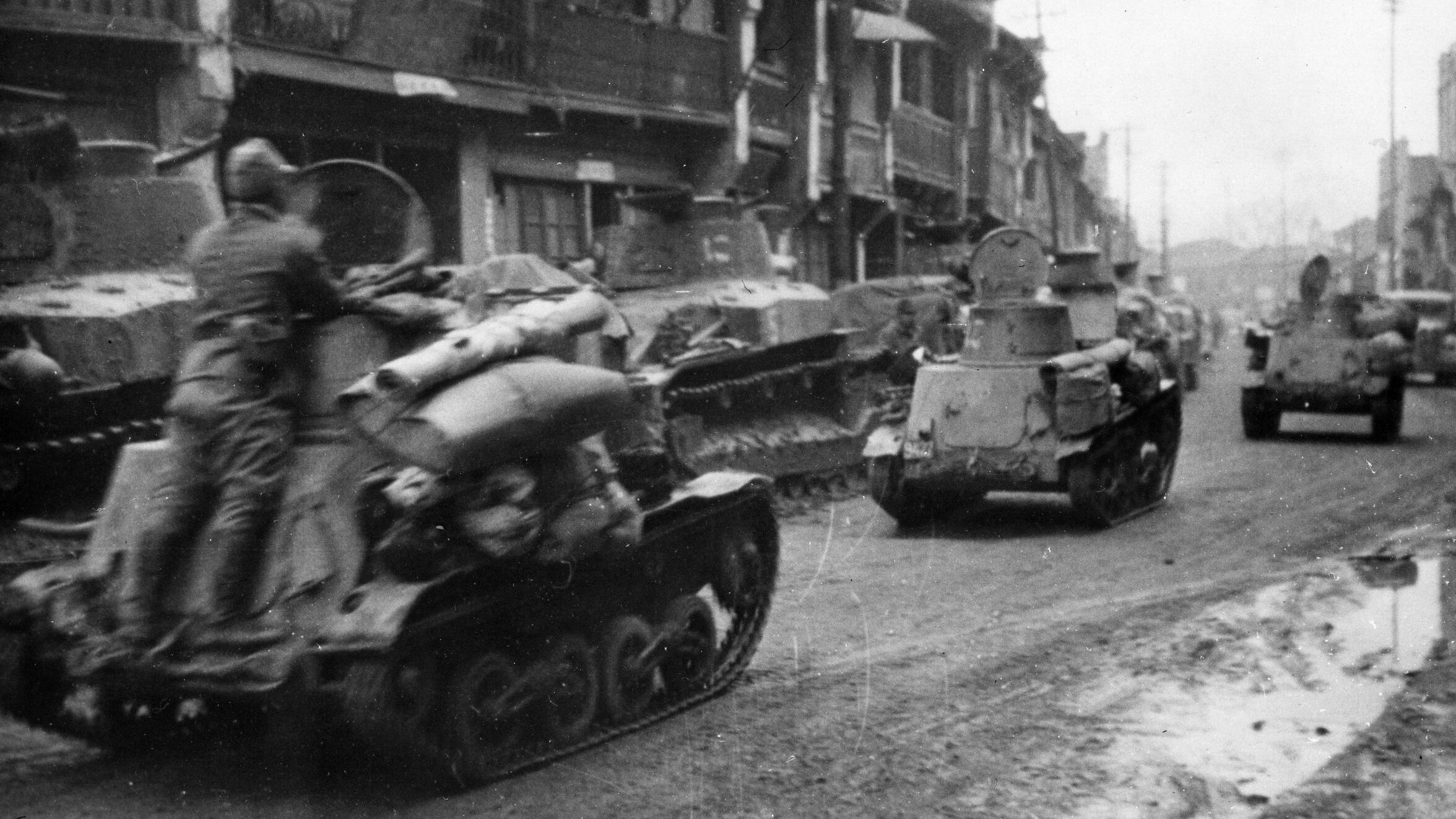
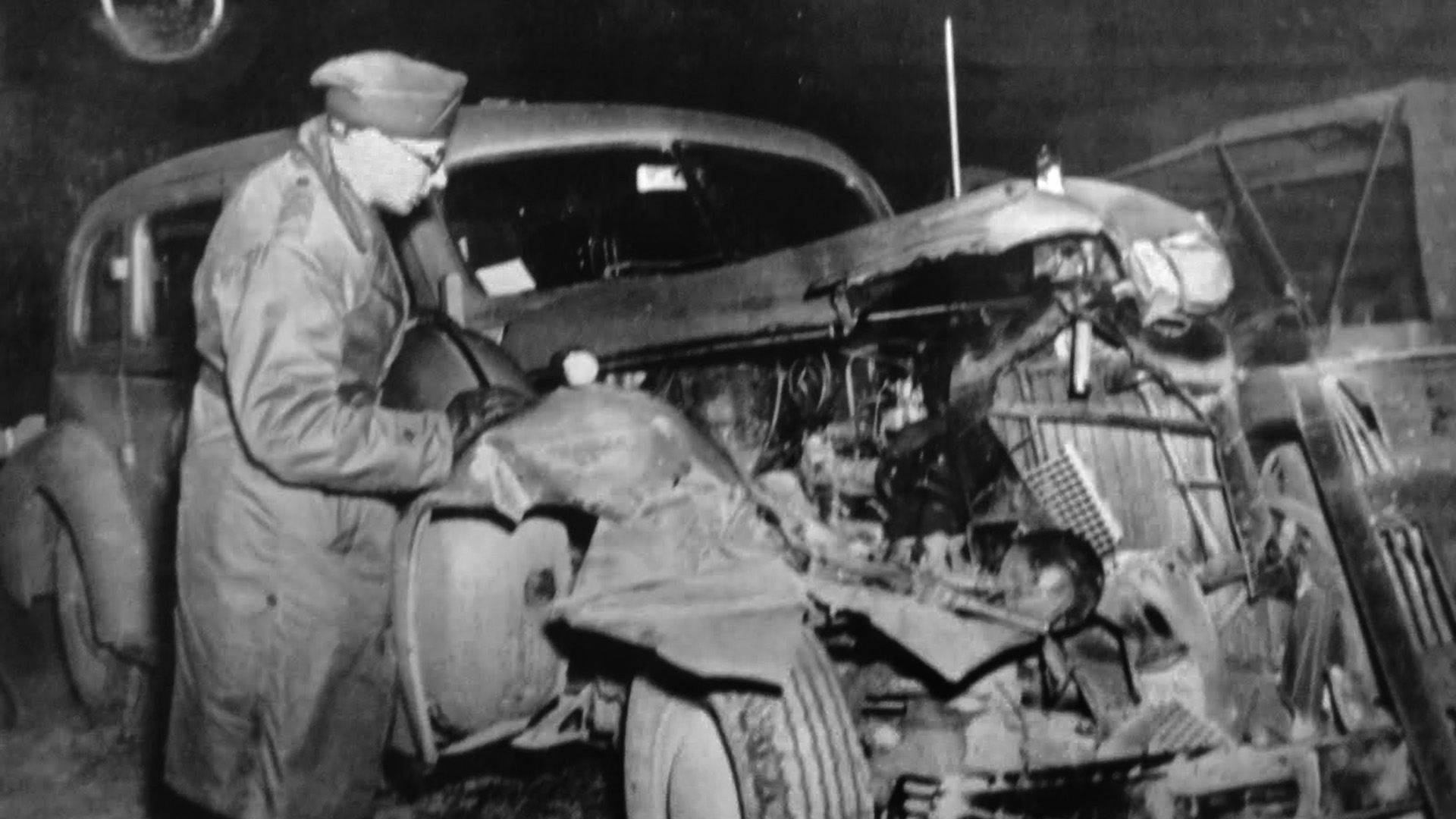
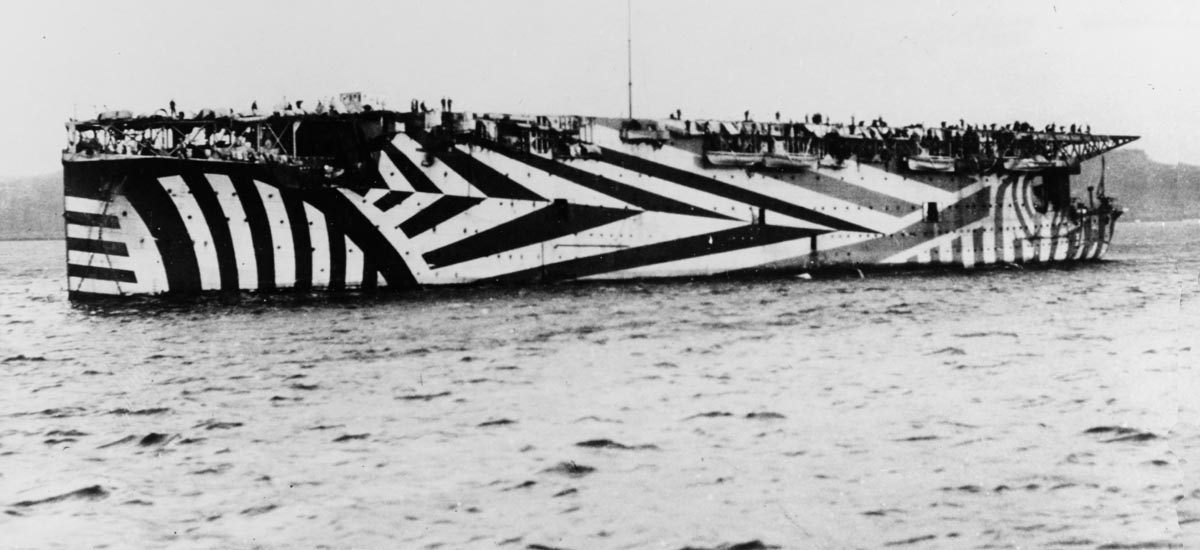
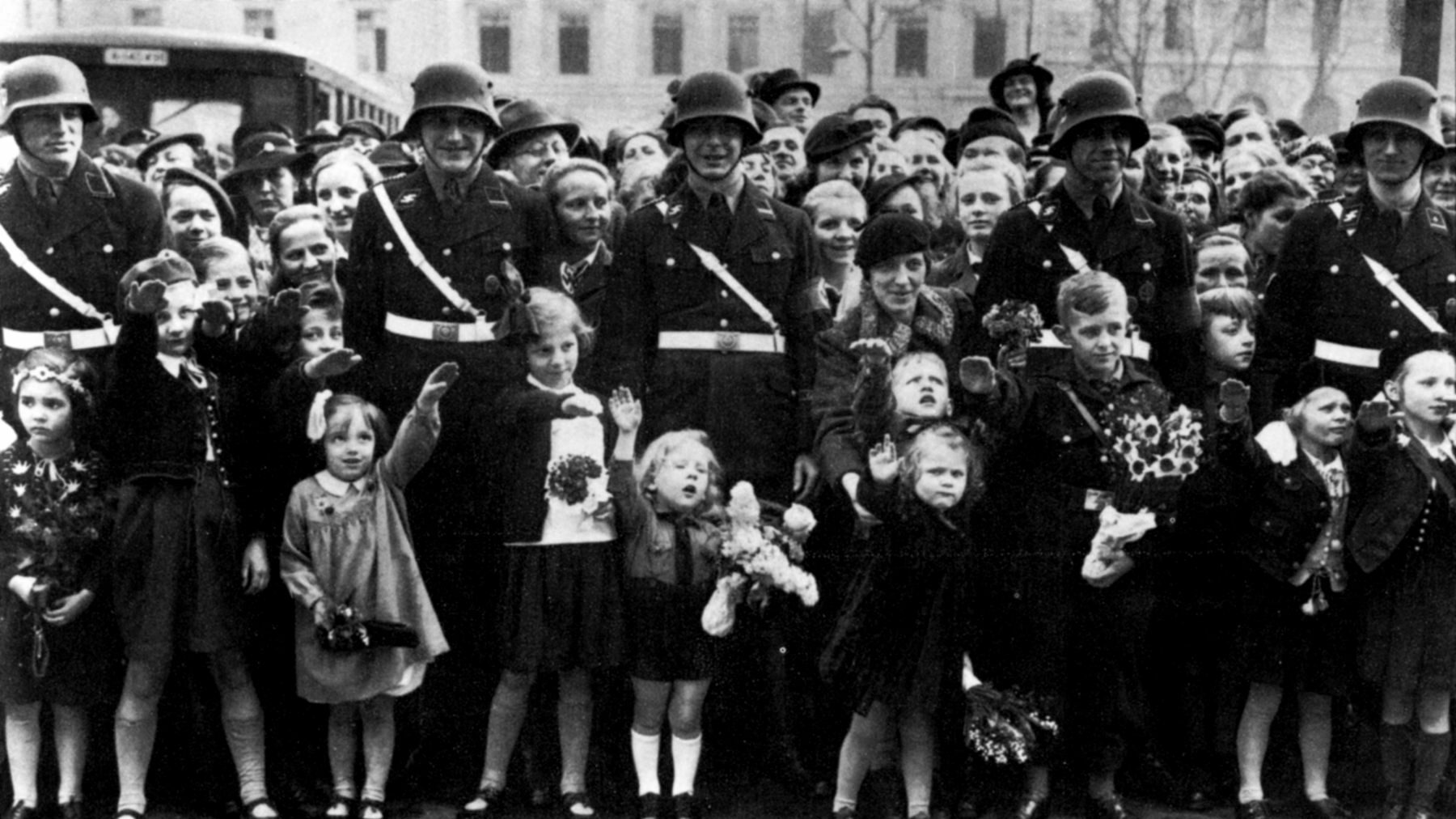
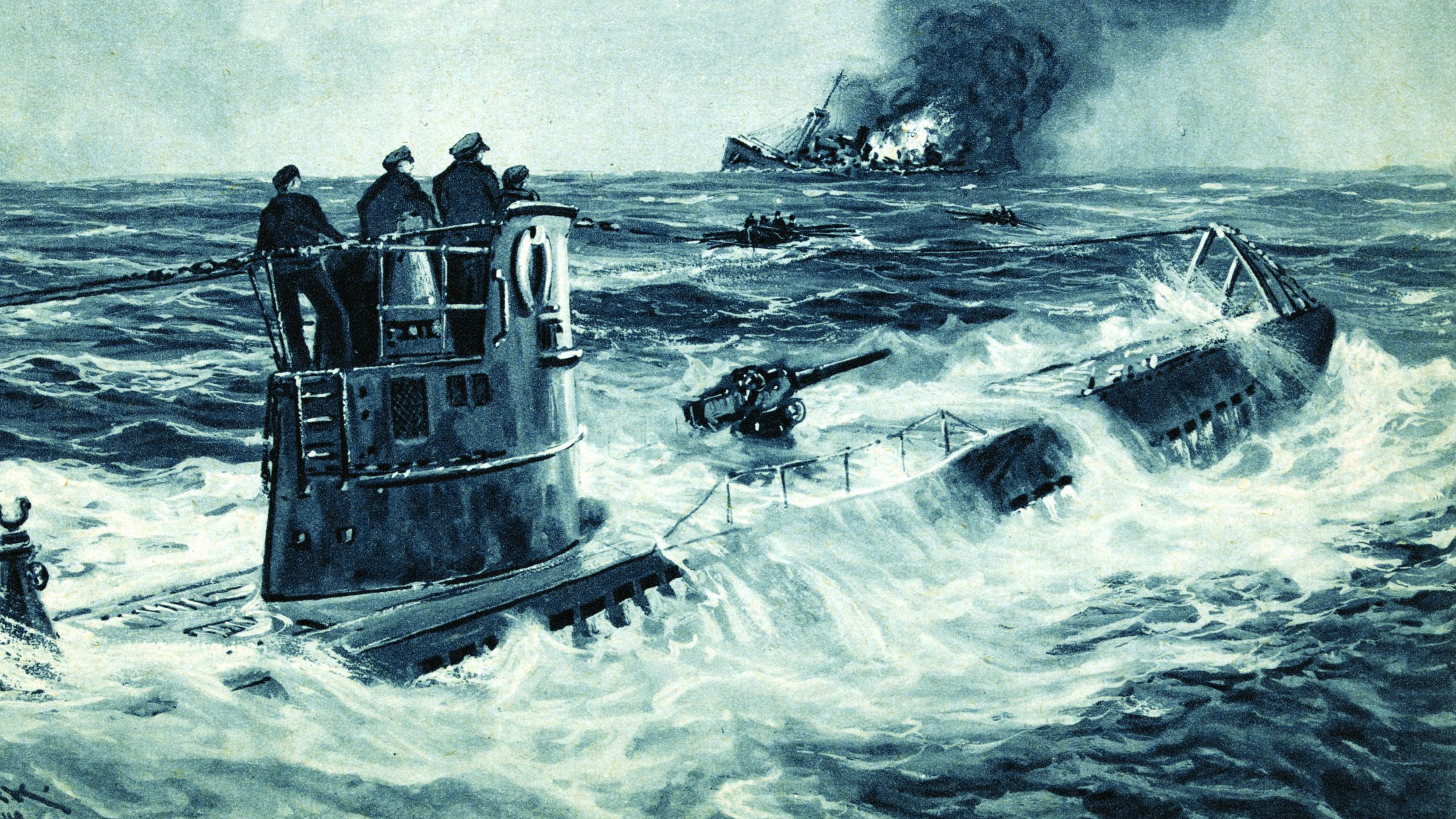
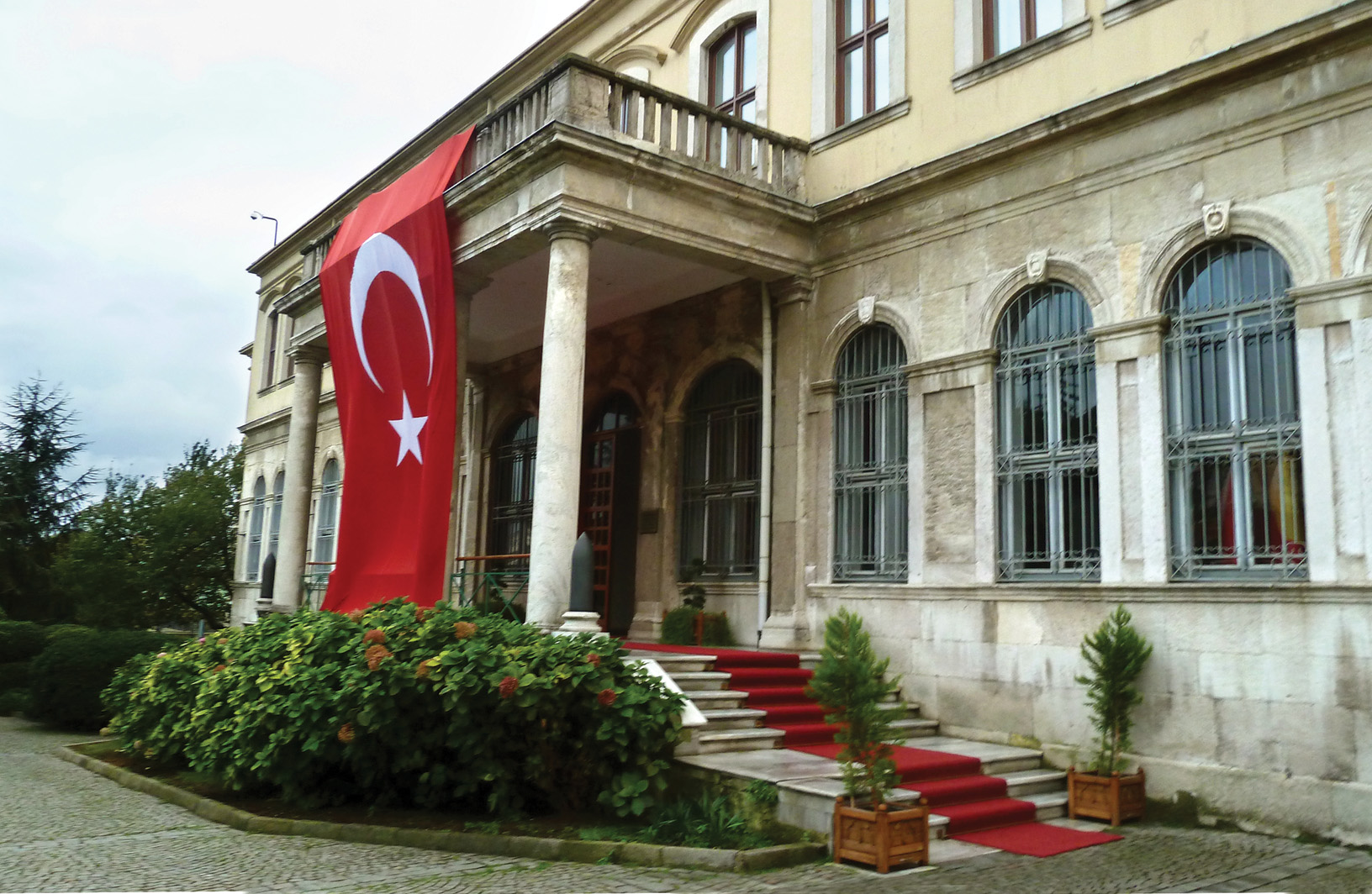
A rather mercurial person of both accomplishment and shortcomings. Churchill referred to him as his cross of Lorraine. Still, both during the war and in several crises after, he was the glue that kept the country in some sort of unity. His postwar efforts inside France and internationally stopped potential take overs by Communists and later by ultra-nationalists in North Africa. The country could certainly have done worse.